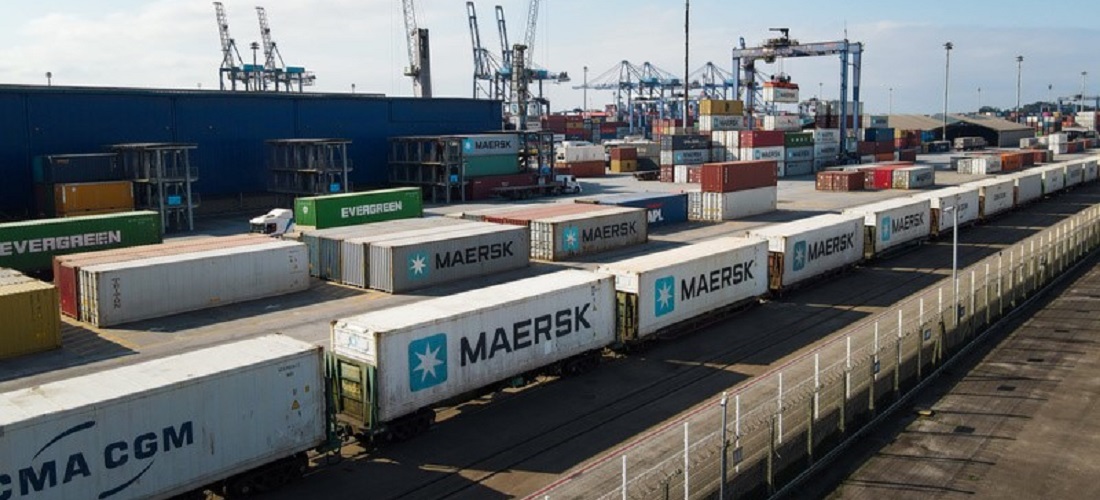
In 7 years, TCP doubles the handling of containers by rail to the Port of Paranagua
Feb, 10, 2023 Posted by Lillian SmoakWeek 202307
TCP, the company that manages the Container Terminal in Paranaguá, recorded more than double the number of container movements on the railroad compared to 7 years ago. In 2022, 189,014 TEUs were handled, compared to 92,307 TEUs in 2016.
One of the main leaps in rail volume took place between 2021 and 2022, with 40% growth. The cargo that showed the most export growth in the period was paper and cellulose, which increased from 3,392 movements in 2021; to 31,016, in 2022. The second fastest growing commodity was chicken meat. In 2022, 56,530 TEUs were handled, 5,108 more than in 2021.
In partnership with Brado Logística, the multimodality combining railroad in long distances and road in short stretches brings competitiveness and more productivity in relation to the strictly road modal. One in every five containers exported by Paranaguá use the railroad.
One of the operational bases is located in Cambé, where several companies from Norte Pioneiro, in the interior of São Paulo and Paraguay use the modal to export frozen meat, peanuts, sugar, coffee, among other products. Another key point is in Cascavel, which meets the demands of cooperatives specialized in agribusiness that export by rail.
The most recent rail link is the KBT project in Ortigueira. Custom-built for one of TCP’s largest exporters, the project links the export plant to the port through its own container yard, managed by TCP, connected to the railroad.
RAILWAY INVESTMENTS
One of the investments in the sector will be the replacement of the railway scale, scheduled for the end of January 2023. TCP’s information technology manager, Walter Junior, explains that “the dynamic railway scale makes it possible to weigh wagons or railway compositions in motion, different from the traditional scale in which the operation needs to weigh wagon by wagon. In addition, the equipment has two capture modules instead of one, which brings greater safety and availability to the weighing service”. According to Walter, the rails support 30 tons per wheel or 60 tons per axle.
Another investment will be the electrification of the railway’s RTGs in Paranaguá. Currently, the devices run on diesel, but will be adapted to a system of electrical conductors. The model will bring more sustainability, eliminating the emission of polluting gases and providing greater operational efficiency.
In addition, TCP is expanding the terminal’s reefer area by 43%. That is, by the end of 2023, TCP will have more than 5,000 outlets for powering and storing refrigerated containers.
-
Ports and Terminals
May, 26, 2023
0
Paraná records 2 million tonnes of meat exported for the 1st time
-
Other Cargo
Dec, 26, 2023
0
Brazil secures “pre-listing” agreement with Chile for egg exports
-
Meat
Nov, 08, 2022
0
With lifted embargoes, meatpackers are cleared to resume exports to China
-
Shipping
Aug, 03, 2020
0
Itaipu agrees again to help raise Paraná river level to facilitate Paraguay´s soy exports


